First Workshop: Boost your Cause
This workshop targets small and independent business owners, and provides basic tips for them to help them invest in social media platforms to market their facilities and services in which they work.
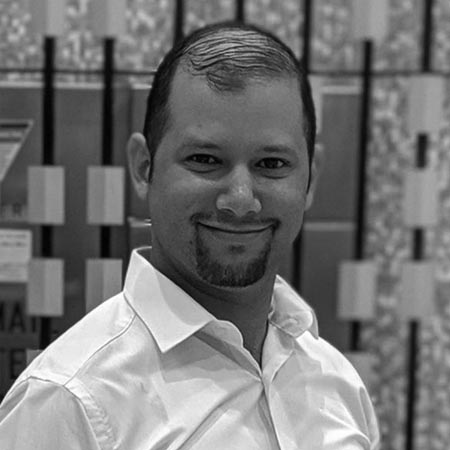
Ayman Qarout |
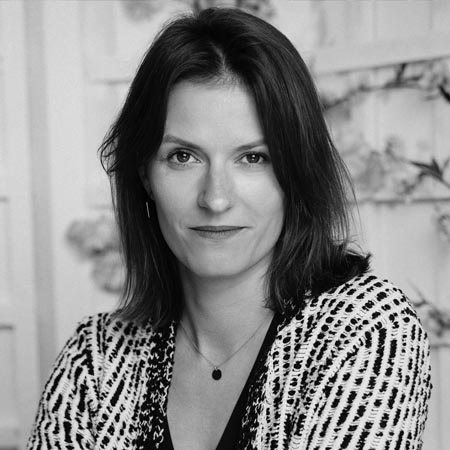
Inci Wittig |
Second Workshop: Twitter for Activism and Social Impact
This workshop, presented by the Director of Public Policy and Governments in the Middle East, Pakistan and Afghanistan, and Senior Public Policy Coordinators in the Middle East, North Africa, Pakistan and Afghanistan, helps us improve our use of Twitter to serve the goals of activists, movements and civil society organizations in their campaigns for social change, and to reach wider audience. It shares its presentation on updates on the most important privacy policies and tools on the platform. It opens the space for the attendees to ask their questions and hear the answers from the representatives of the company.
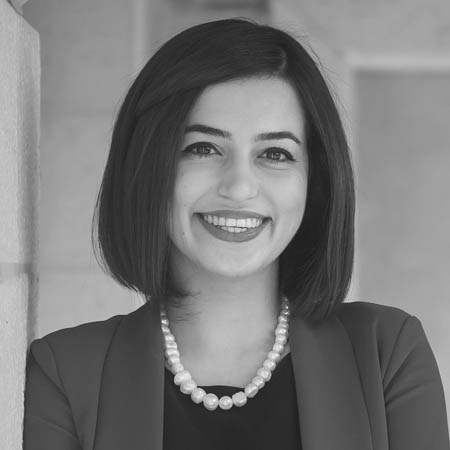
Mona Shtayya |
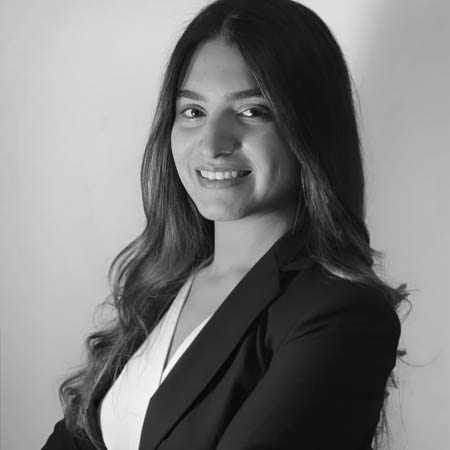
Jawaher Abdelhamid |
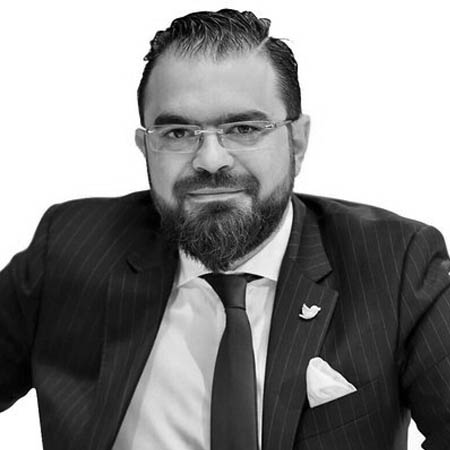
George Salama |
Third Workshop: Film Screening and Discussion: The Social Dilemma
The Social Dilemma’ documentary-drama explores the users and surfers of social media and most visited websites– most notably, FB, Twitter, Google, and Instagram. The film features information and insights by programmers and developers that used to work at these mega-platforms; moreover, some have supervised the development of techniques to attract the largest number of users before realizing that they were caught in these websites’ addiction trap. Having that hard-won experience, those tech experts sound the alarm on their own creations by raising awareness of fanatic users about the critical gravity of such websites. Some parts of the film are to be screened at this session while Dr Essam Daoud talks to us about the addiction, detox, and the impact of social media platforms on mental health.
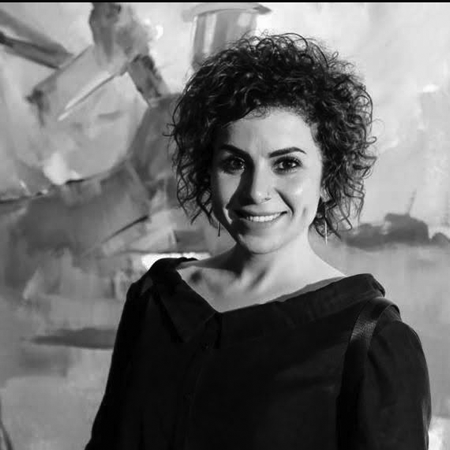
Elia Ghorbiah |
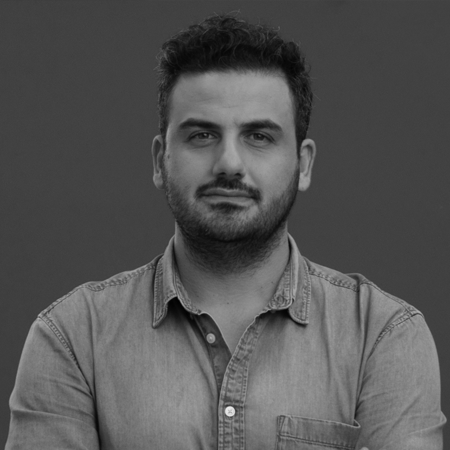
Essam Daod |
Fourth Workshop (Coinciding): Campji Role in Making the Refugees’ Voices Heard in Lebanon
This workshop presents the story of the Campji platform. It sheds light on its team’s experience in creating digital content from the heart of the Palestinian refugee camps in Lebanon to make the refugees’ stories, issues, and voice heard. It also aims to affect their environment and improve the reality they are forced to outlive.
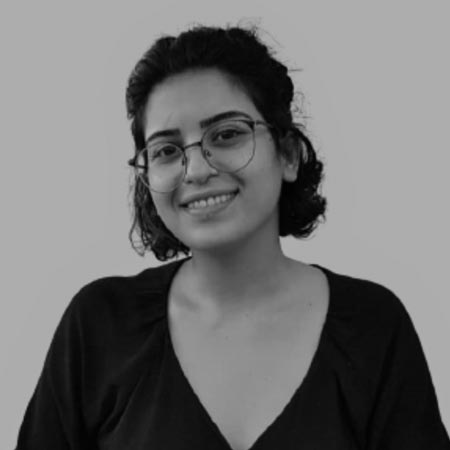
Rosalin Hussary |
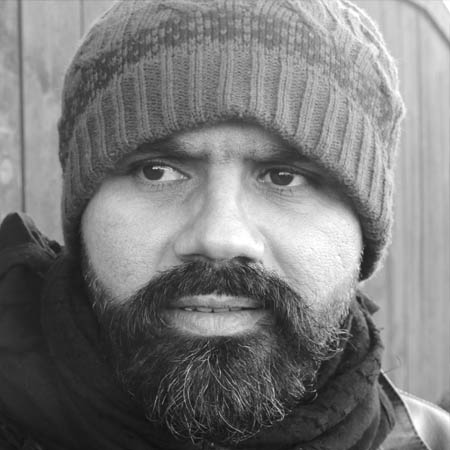
Hicham Kayed |
Fifth Workshop: Digital Safety for Parents
Over the past years, 7amleh – The Arab Center for the Advancement of Social Media has trained thousands of Palestinian youths, children, and non-governmental organizations on digital safety. However, the Digital Safety Among Jerusalemite Children and Youth report, which was published by 7amleh in 2020, shows that around 87% of children and youth rarely or never participate in political discussions online due to fear of prosecution and surveillance by their families, communities, and the Israeli occupation. The report recommends that digital safety training courses be provided for counsellors and parents at equal footing. This session is devoted to build up the capacity of counsellors and parents on digital safety to ensure they can provide a safe and nurturing environment for their children in this world.
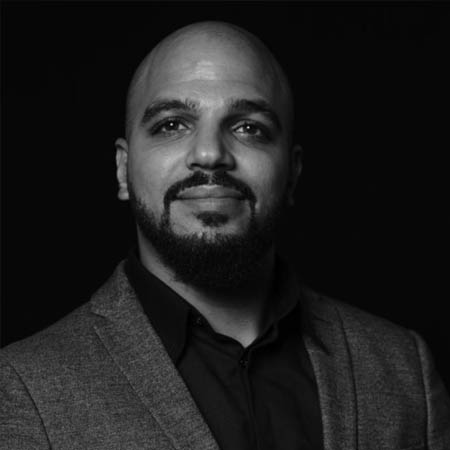
Samer Hussam |
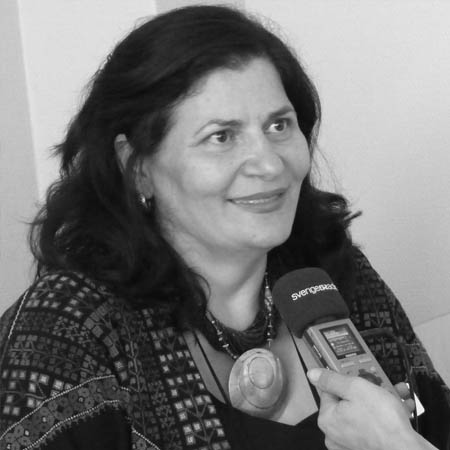
Hanaa Al-Ramli |
Sixth Workshop (Coinciding): Digital Documentation of Human Rights Violations
Documentation of human rights violations is of paramount importance. It warrants a comprehensive and sophisticated effort to promote and advocate human rights, raise awareness of their vitality and document their violations to hold perpetrators accountable, do justice, and address victims. With the help of digital tools and means, all can take part in reporting human rights violations. Nonetheless, we need to know how to use the technological and digital tools by acquiring the knowledge, skills, and devices to use video technology to document any human rights violations according to the best digital and legal practices.

Rami Haider |
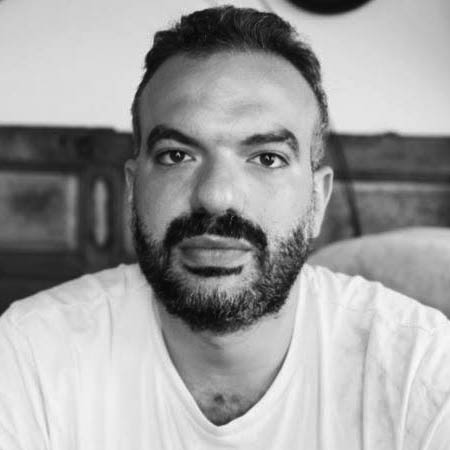
Mahmoud Saber |
Seventh Workshop: How to Utilize Digital Tools for Philanthropy
Within the decrease in the available funding for civil society organizations and the increase in the conditions of donors, institutions have increased their belief in the necessity of finding financial resources in support of the grants they receive, such as searching for donations and individual support for these institutions. This is why we are holding this workshop to build the capacity of institutions in harnessing technological tools to recruit more funds for social change and charitable work and to benefit from the work other institutions followed in this field.
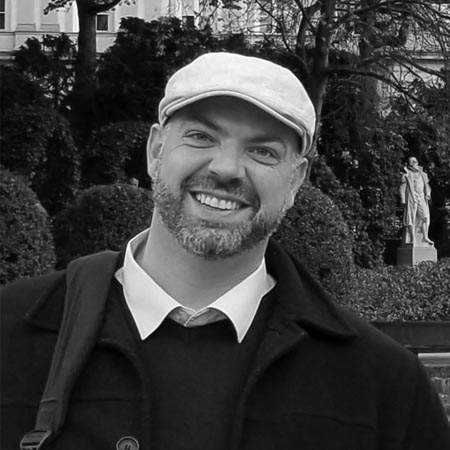
Samer Daoudi |
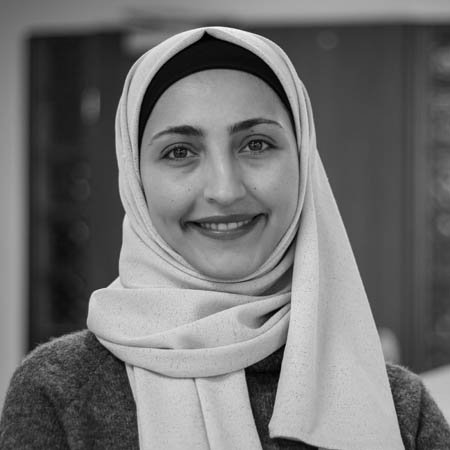
Lama Amr |
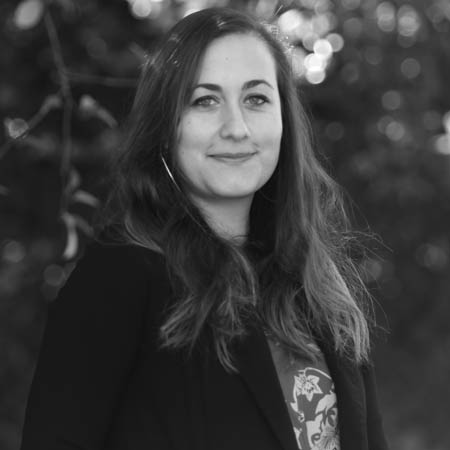
Dana Kardoush |
Eighth Workshop: How to Train Digitally? Technical Tools and Digital Interaction and Rresence (Two Sections)
Since the COVID-19 pandemic outbreak, we turned to digitize most of our activities, including studying. After almost a year, we still get bored sitting in some virtual lectures and training courses that lack basic body language or interactive activities found indigital lectures and training courses. This impression also applies to the training courses and events that lack professional technical tools that can be wielded to boost communication with attendance. To that end, this session provides the most crucial tools and hands-on tips to engage attendance at our digital lectures, seminars, and workshops.
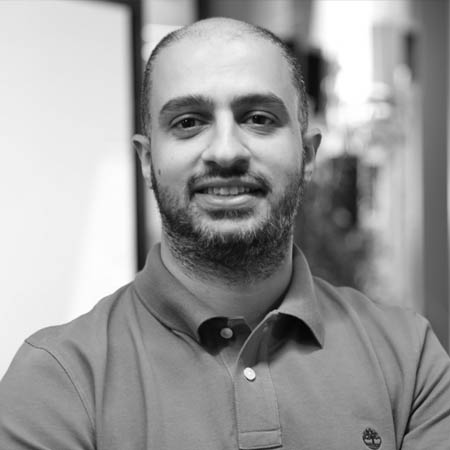
Hazem Tirhi |

Saleh AL-Hanash |
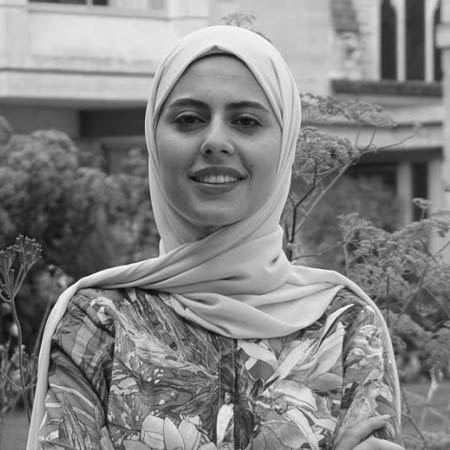
Faten Jebai |
Round Table: Gender Based Violence How Social Media Platforms Contribute to Stereotyping Women?
Social media has contributed to the stereotyping of women by laying down beauty standards, objectifying women, and creating a traditional image of the women performing specific social and professional roles. In parallel, social media has created a standard image of strong/radical/rebellious women. Regardless of the intentions and rationale behind such images, all have negatively misrepresented women. Nevertheless, the foundations of such stereotypes are to be explored. In the same vein, female activists and media and women’s organizations should reflect on how to combat such misrepresentations. To that end, this session is to provide space to discuss the variegated stereotypes of women that have been reinforced by social media and reflect on possible ways to dispel them.
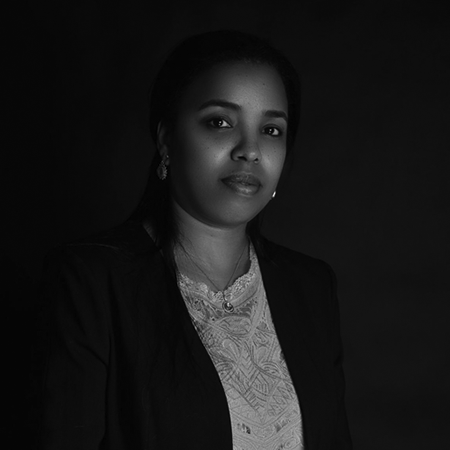
Reem Amer |
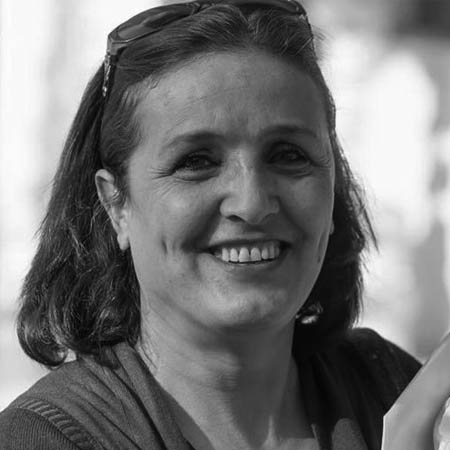
Suheir Farraj |
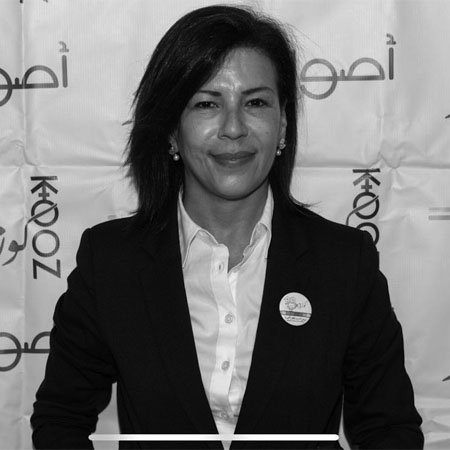
Ghadir al Shafie |
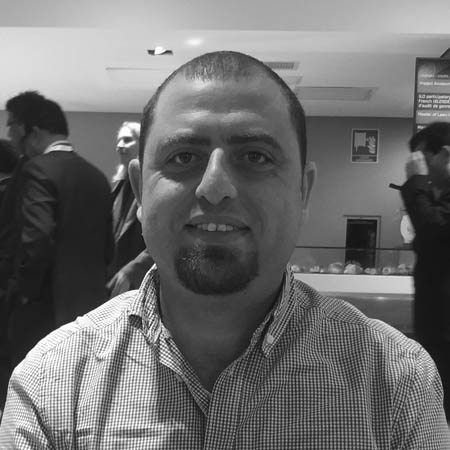
Fadi Touma |
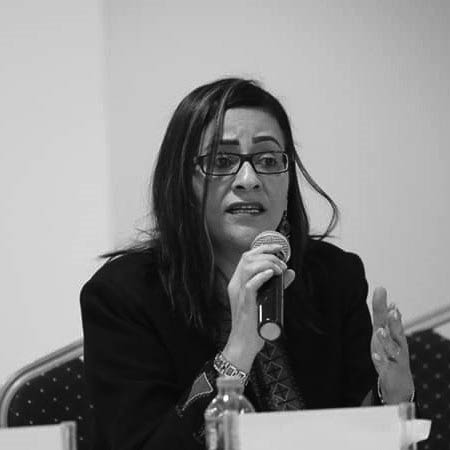
Wafa’ Abdel Rahman |
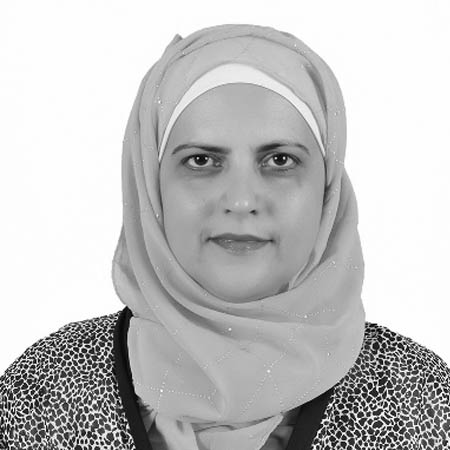
Sana Al Asi |
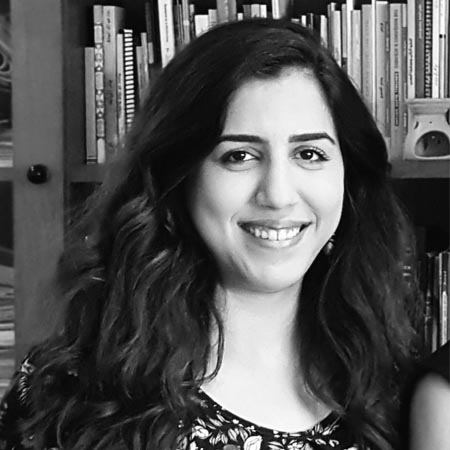
Jumana Ashqar |
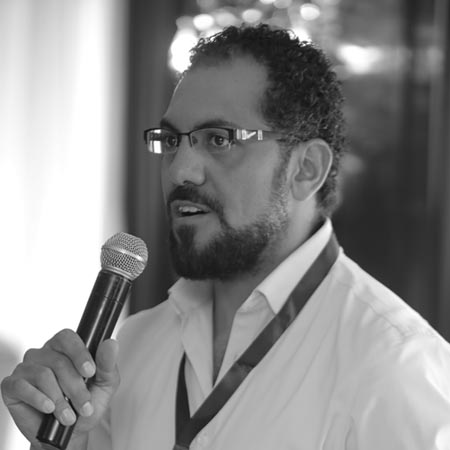
Emad Karim |
